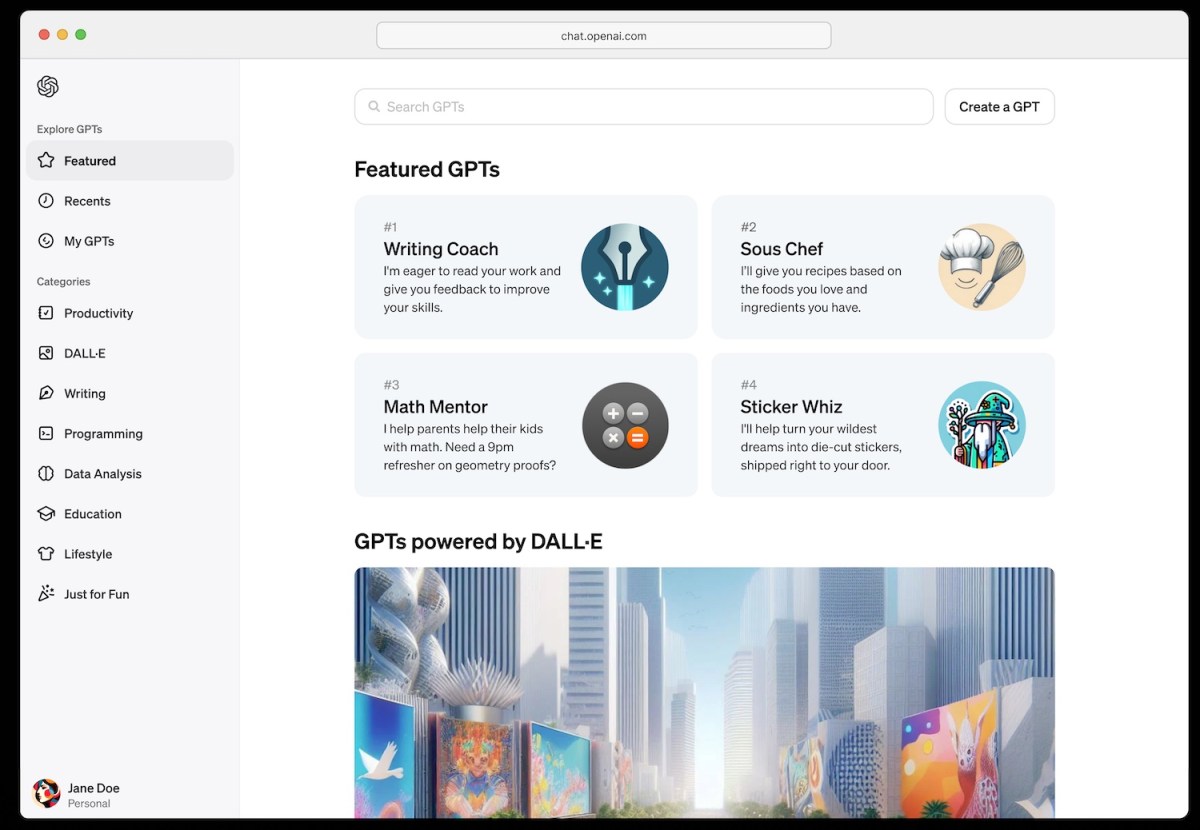Rivian lost $1.7 billion in the second quarter
Rivian, a young electric vehicle maker, said Thursday it lost $1.7 billion in the second quarter.
The company said it continued to struggle to secure enough components to ramp up production to higher levels, but said it expected to manufacture 25,000 vehicles by the end of the year. p>
"The supply chain continues to be the limiting factor in our production," the company said in a statement. "However, through a close partnership with our suppliers, we are making progress."
Rivian said it generated $364 million in revenue from April to June, compared to $95 million dollars in the first three months of the year. It also said it had customer reservations for 98,000 vehicles at the end of June.
Rivian said last month it had produced 4,401 vehicles in the second quarter and delivered 4,467 to customers.
In a conference call, Rivian General Manager R.J. Scaringe said the company is seeing improved component availability and is optimistic about the possibility of increasing its production in the second half.
“The second quarter saw a number of challenges in terms of semiconductors as well as the rise in overall power from our supply base,” he said. "As we look ahead to the rest of the year, we are very confident" that production will ramp up.
The company is planning a second production team by the end of the third quarter and began hiring workers for it, Mr. Scaringe said.
Rivian said he expects an adjusted loss of $5.45 billion for the full year, up from previous guidance. of $4.75 billion. He attributed the increase to higher material and shipping costs resulting from inflation and costs associated with increased production.
Rivian was once seen as "the next Tesla," an electric automaker poised to grow rapidly and unsettle century-old auto giants like Ford Motor, General Motors and Volkswagen. It planned to make an electric pickup truck and a sport utility vehicle, models that would set it apart from the minimalist electric cars produced by Tesla.
The company has earned billions of dollars in support of investors such as Ford and Amazon, which announced plans to purchase 100,000 electric delivery vans from Rivian.
Rivian's initial public offering was the largest of 2021, and within days its stock price skyrocketed. For a time, the company's market value was greater than that of Ford and General Motors combined.
But difficulty in sourcing critical computer chips and manufacturing issues at its Normal, Ill., plant kept production well below what the company had hoped for. He also struggled to build delivery vans for Amazon. Rivian's share price has fallen and investors remain concerned about the company's prospects.
Now, as production increases, it faces a tougher competitive landscape. Ford has started manufacturing an electric pickup, the F-150 Lightning, which is expected to overtake Rivian in sales by the end of the year. Ford, Volkswagen, Hyundai and several others have increased their electric SUV sales, and G.M. said it will start selling an electric version of its Chevrolet Silverado pickup and a pair of electric SUVs next year.
>Buyers of some of Rivian's vehicles are also expected to soon lose access to a federal tax credit under the climate bill the House is expected to approve Friday ; the Senate passed it on Sunday. Under the bill, purchases of vans, SUVs and pickup trucks that sell for more than $80,000 will not qualify for tax credits. The credits will also not be available to individuals or couples who earn more than $150,000 or $300,000 per year.
Rivian said last month that he was laying off about 6% of his 11,500 employees. "To realize our full potential, our strategy must support our sustainable growth as we move towards profitability," Mr. Scaringe said in a...

Rivian, a young electric vehicle maker, said Thursday it lost $1.7 billion in the second quarter.
The company said it continued to struggle to secure enough components to ramp up production to higher levels, but said it expected to manufacture 25,000 vehicles by the end of the year. p>
"The supply chain continues to be the limiting factor in our production," the company said in a statement. "However, through a close partnership with our suppliers, we are making progress."
Rivian said it generated $364 million in revenue from April to June, compared to $95 million dollars in the first three months of the year. It also said it had customer reservations for 98,000 vehicles at the end of June.
Rivian said last month it had produced 4,401 vehicles in the second quarter and delivered 4,467 to customers.
In a conference call, Rivian General Manager R.J. Scaringe said the company is seeing improved component availability and is optimistic about the possibility of increasing its production in the second half.
“The second quarter saw a number of challenges in terms of semiconductors as well as the rise in overall power from our supply base,” he said. "As we look ahead to the rest of the year, we are very confident" that production will ramp up.
The company is planning a second production team by the end of the third quarter and began hiring workers for it, Mr. Scaringe said.
Rivian said he expects an adjusted loss of $5.45 billion for the full year, up from previous guidance. of $4.75 billion. He attributed the increase to higher material and shipping costs resulting from inflation and costs associated with increased production.
Rivian was once seen as "the next Tesla," an electric automaker poised to grow rapidly and unsettle century-old auto giants like Ford Motor, General Motors and Volkswagen. It planned to make an electric pickup truck and a sport utility vehicle, models that would set it apart from the minimalist electric cars produced by Tesla.
The company has earned billions of dollars in support of investors such as Ford and Amazon, which announced plans to purchase 100,000 electric delivery vans from Rivian.
Rivian's initial public offering was the largest of 2021, and within days its stock price skyrocketed. For a time, the company's market value was greater than that of Ford and General Motors combined.
But difficulty in sourcing critical computer chips and manufacturing issues at its Normal, Ill., plant kept production well below what the company had hoped for. He also struggled to build delivery vans for Amazon. Rivian's share price has fallen and investors remain concerned about the company's prospects.
Now, as production increases, it faces a tougher competitive landscape. Ford has started manufacturing an electric pickup, the F-150 Lightning, which is expected to overtake Rivian in sales by the end of the year. Ford, Volkswagen, Hyundai and several others have increased their electric SUV sales, and G.M. said it will start selling an electric version of its Chevrolet Silverado pickup and a pair of electric SUVs next year.
>Buyers of some of Rivian's vehicles are also expected to soon lose access to a federal tax credit under the climate bill the House is expected to approve Friday ; the Senate passed it on Sunday. Under the bill, purchases of vans, SUVs and pickup trucks that sell for more than $80,000 will not qualify for tax credits. The credits will also not be available to individuals or couples who earn more than $150,000 or $300,000 per year.
Rivian said last month that he was laying off about 6% of his 11,500 employees. "To realize our full potential, our strategy must support our sustainable growth as we move towards profitability," Mr. Scaringe said in a...
What's Your Reaction?






















